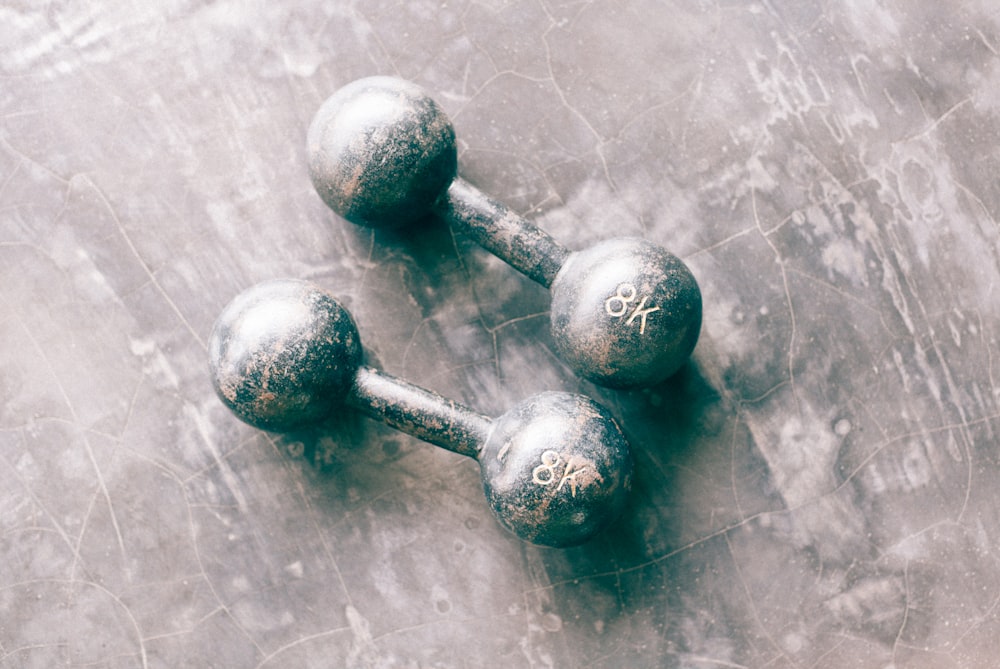A little snippet of a recent email
At work, I go by Dawn Baker MD, MS. But at home, I’m sometimes known as Kristie Reynolds.
I don’t mean to give away my husband’s “Wizard of Oz”-type work secret here, but I will elaborate for the sake of this post. I highly doubt any of his clients are reading anyway. He has his own law firm, and a while ago he came up with the idea of creating a dummy admin email address for sending unpleasant or mundane emails, like reminding clients to pay their bills. It preserves the professional air of his one-man law firm and also allows him to not be “the bad guy” when it comes to collections or deadlines. It’s genius, actually. The admin’s name that he fabricated is Kristie Reynolds.
Well, Kristie has also started ordering (and apparently picking up) coffee beans for our espresso machine, and facilitating document exchange, and she recently became the voice for the firm’s voicemail greeting. Her duties have grown to the point where sometimes she is now required to perform these transactions in person. Guess who gets to be her?
It’s got me thinking about all the other roles we take on in our lives. Besides “Doctor” and “Kristie”, I’m also “Moo” - my husband’s longtime term of endearment for me. Of course, I’m now also “Mommy” - a name I’ll never get tired of answering to. And while these personas don’t have particular names, I’ve also been known at home as a cleaning lady, a driver, and a short-order cook. To my parents, I'm Daughter and Doctor; yet, they still rarely take my advice. Lately, I'm working more on blogger/entrepreneur as well, trying to grow and expand my personal blog (which means I'd better write more)!
Who are you outside of work? What are you known as besides "Doctor"?




